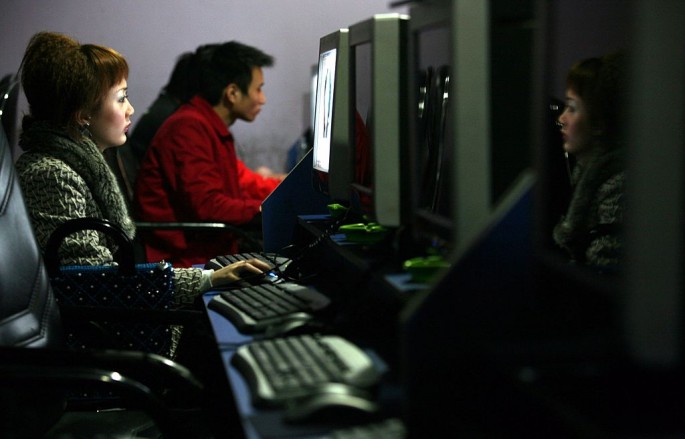On Sunday, Jan. 22, China made Virtual Private Networks or VPNs illegal as a means of curbing access to restricted big-name websites such as Facebook, Twitter and YouTube.
Individuals must now ask permission from the government to use VPNs and special cable connections, with unauthorized use punishable by law, according to a report by Engadget.
The Ministry of Industry and Information Technology called it a "cleanup" of China's Internet connections, South China Morning Post reported. The new rules are live and will be in effect until March 31, 2018.
Prior to the new regulation, VPNs are already subject to regulation by the Chinese government. During the National People's Congress meeting in Beijing last March 2016, a large-scale crackdown was performed on VPNs.
Despite the new rules, the Chinese government has kept the new policies regarding VPNs and cable regulations vague. Implementation and enforcement are unclear, although the new regulations suggest the government is specifically targeting companies that offer VPN services to private individuals.
It is yet unsure whether professionals employed in multinational companies will also be regulated by the new rules.
It's a 360-degree turnaround from what President Xi Jinping said last week at the World Economic Forum in Davos, Switzerland.
"We must redouble our efforts to develop global connectivity to enable all countries to achieve interconnected growth and share prosperity," Xi said. "Pursuing protectionism is like locking oneself in a dark room. While wind and rain may be kept outside, that dark room will also block light and air."
China isn't the first nor the only country to regulate and restrict Internet access. Vietnam, Egypt, Russia, Cuba, Turkey, Bahrain, and Cuba have been known to regularly interrupt connections, especially when political unrest is prevalent.
According to the United Nations Human Rights Council, state-sponsored disruption and censorship of Internet access violates online privacy, which is part of an individual's freedom of expression.



























